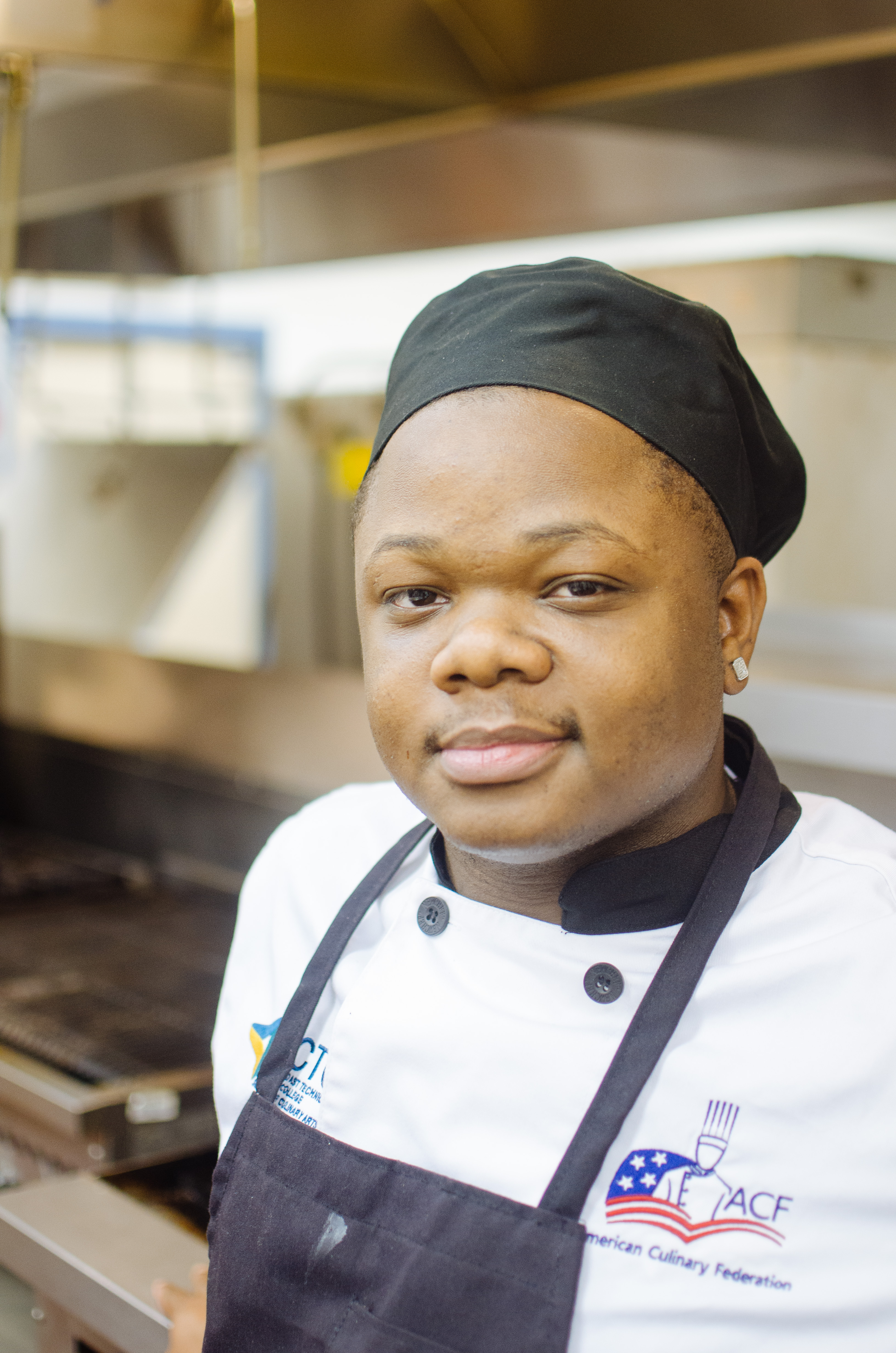

Bring to a boil, then reduce the heat to maintain a brisk simmer. There should be at least 2.5cm of liquid left in the skillet after boiling if it has over-reduced, add more stock to accommodate the loss. Add the stock (it should fill the pan with 5cm of liquid) and leave to bubble away for 30 minutes, creating a flavourful stock. Add the beans, artichokes, tomato, garlic and chopped roasted pepper (this is the sofrito), and cook until the vegetables are tender, about three minutes. Add the duck and fry until browned, about six minutes. In a 12-inch paella pan or high-sided skillet, heat the oil over medium-high heat until smoking. We also don't like coconut very much.Ħ0ml Spanish olive oil 500g skin-on duck breasts, cut into 1-1.5cm cubes 115g green beans, trimmed and diced 4 large artichoke hearts in water, drained and coarsely chopped 1 medium tomato, coarsely chopped 1 large garlic clove, peeled and thinly sliced 60g coarsely chopped roasted red peppers Around 2 litres chicken stock (you may need a little more) 540g bomba paella rice (use arborio if need be) 1 pinch saffron threads 2 tsp salt 500g large prawns, peeled 70g frozen peas Lemon wedges, for serving We like ginger, but not raw, just the powder. And lentils I like lentils very much.Īnything that would not be served at the staff meal? Basques don't like coriander. What are some staff favourites? Fish soup with potato in the summer. Arzak, San Sebastián, Spain: chef Elena Arzak Remove from the oven, sprinkle with dill, and serve immediately, spooning the cooked cream over the top of the fillets and with lemon wedges on the side.
FOOD STAFFS FAVORITE RECIPES SKIN
Baste the fish midway through cooking to break up any skin that forms on the cream.

Bake until the cream has reduced slightly and the fish flakes easily with a fork – 16 to 20 minutes. Pour in enough cream to creep one-third of the way up the fillets. Season the cod, and arrange snugly in a single layer in a 23cm x 29cm baking dish. Add oil to taste, season generously and serve straight from the pot. Using a potato masher, smash quickly – they should be more lumpy than smooth – then stir in the rest of the oil and the rocket until wilted. (This is a hot job, so use an oven mitt.) Put the potatoes back in the pot, along with the onions and their oil. Boil until a paring knife pierces cleanly through without resistance – about 40 minutes. (If you don't have time for this, add a tablespoon of honey to the onions once they've softened to help speed up the process.) Set aside.īring a pot of heavily salted water to a boil. When hot, add the onions and caramelise, stirring occasionally, until deep golden brown, about 55 minutes.

Photograph: Jason Loweįor the potatoes, in a large skillet, heat half the oil over medium heat. Remove from the heat, garnish with coriander leaves and serve with basmati rice and pappadums.The Fat Duck's cream-baked cod: 'If you don't care enough to put up good-quality staff food, what does that say about you?' says head chef Jonny Lake. Add the cream and simmer for 10–15 minutes, until the chicken is cooked through. Add the chicken stock, bring to the boil, reduce heat and simmer for 30 minutes. Add the tomato paste and sugar and cook for 3–4 minutes.Īdd the chicken and marinade to the pot and cook for 5–7 minutes. Add tomatoes, chillies and salt to taste and cook for 10 minutes. Add the onion, garlic, ginger and coriander stems and cook until browned. Add the cumin seeds and cinnamon stick and cook until slightly coloured. The next day place a large pot over medium heat and melt the butter in the oil. Wrap the chicken in clingfilm (or transfer to a snug, airtight container) and leave in the fridge overnight. Add the chicken and mix thoroughly until the chicken is covered all over. ½ bunch coriander stems, washed and finely choppedįor marinade, whisk together the yoghurt, lemon juice, turmeric, garam masala, cumin and some salt in a large bowl. Preparation time: 20 minutes (plus an overnight marination) Just don’t be tempted to use chicken breasts. If you prefer the convenience of boneless chicken thighs you can use those, but we wholeheartedly recommend keeping the bones for extra flavour. This lovely balance makes the dish lighter than you might expect. The yoghurt’s gentle lactic tang and the lemon juice’s sharper acidity are the perfect foils to the richness of the cream and tomatoes. After cooking it for ourselves, we can see why. During Sharma’s tenure at Attica, this dish was one of the most popular staff meals.


 0 kommentar(er)
0 kommentar(er)
